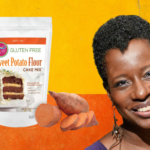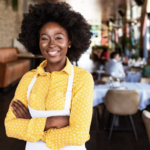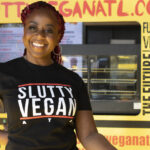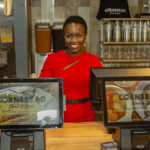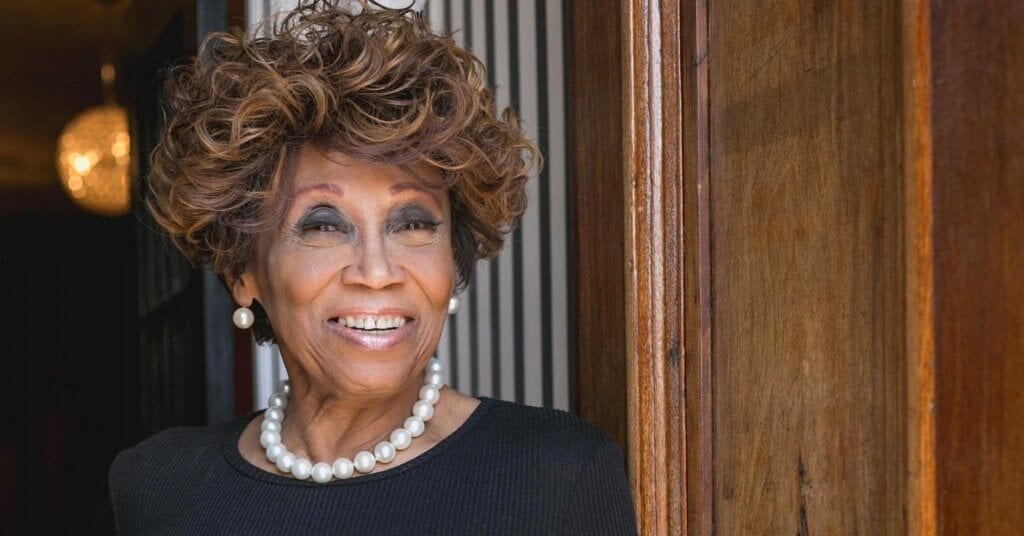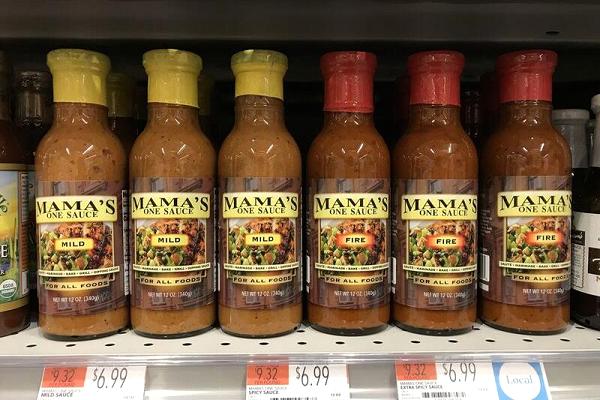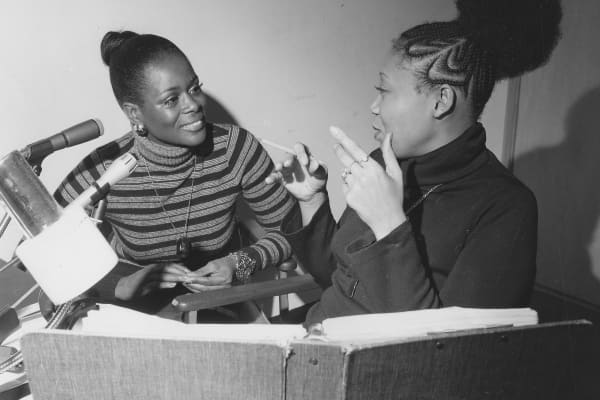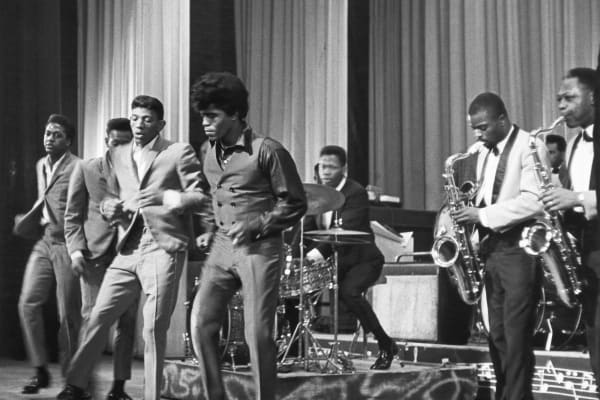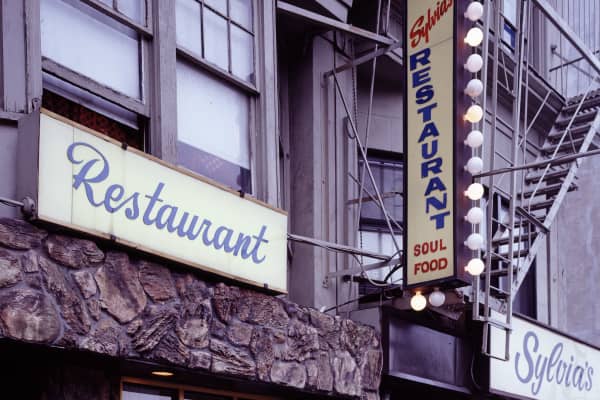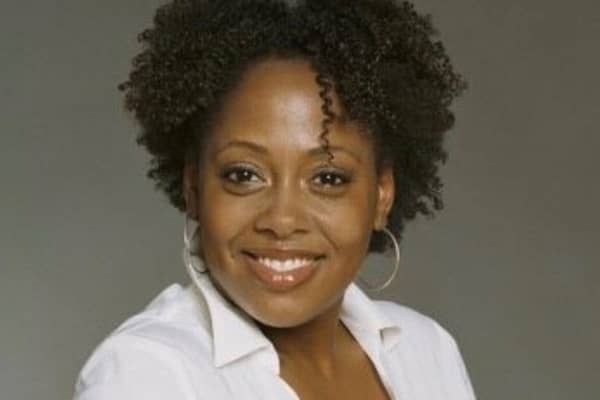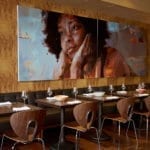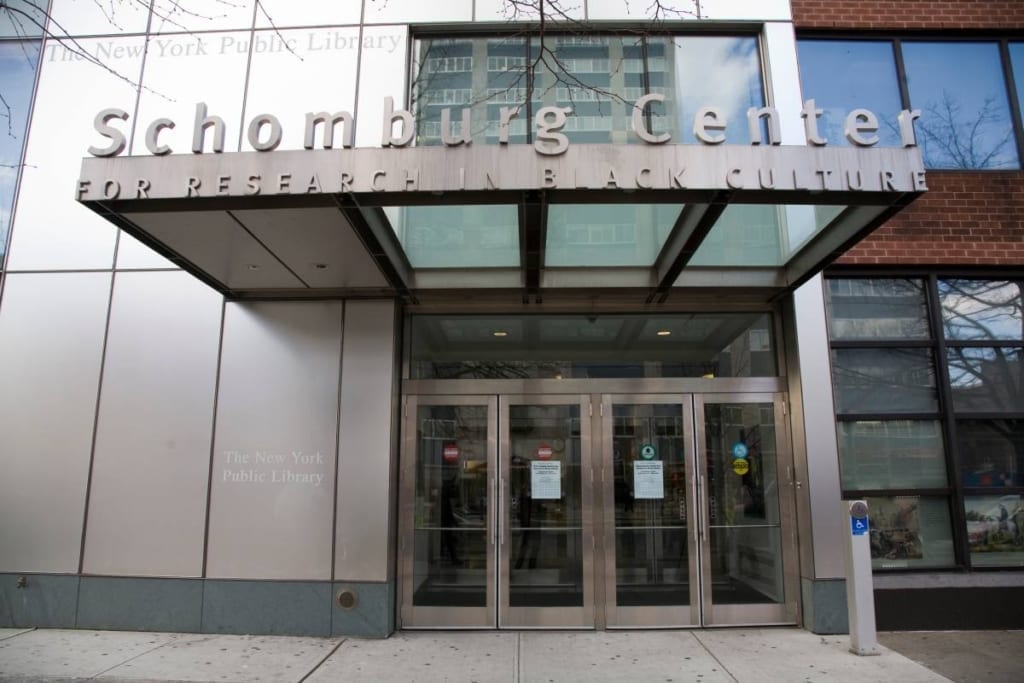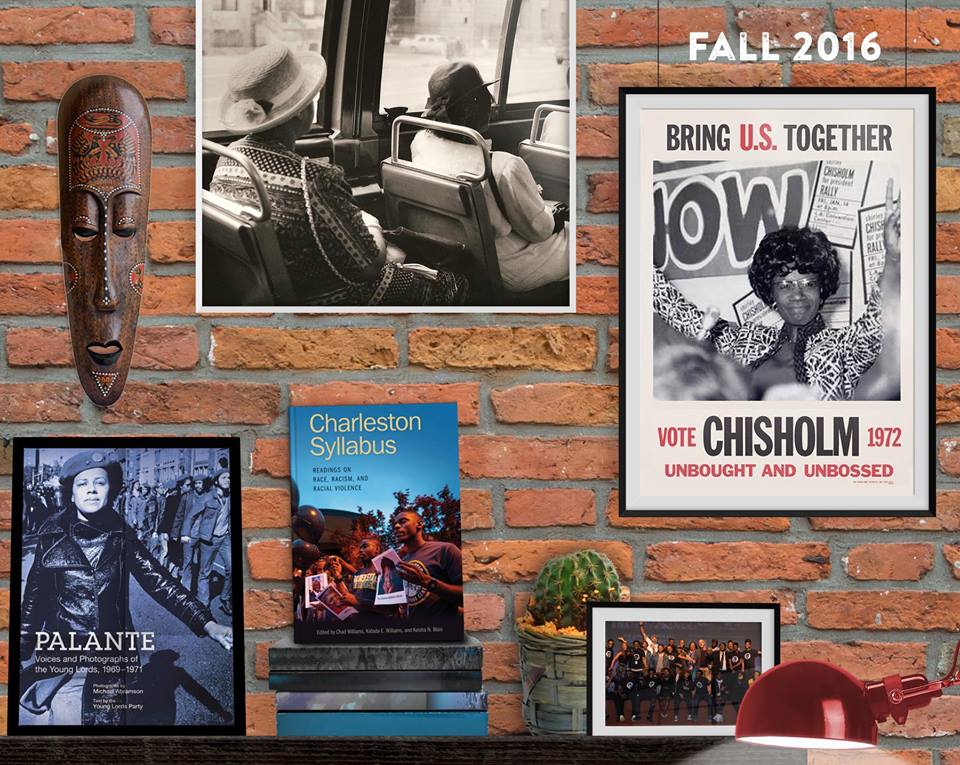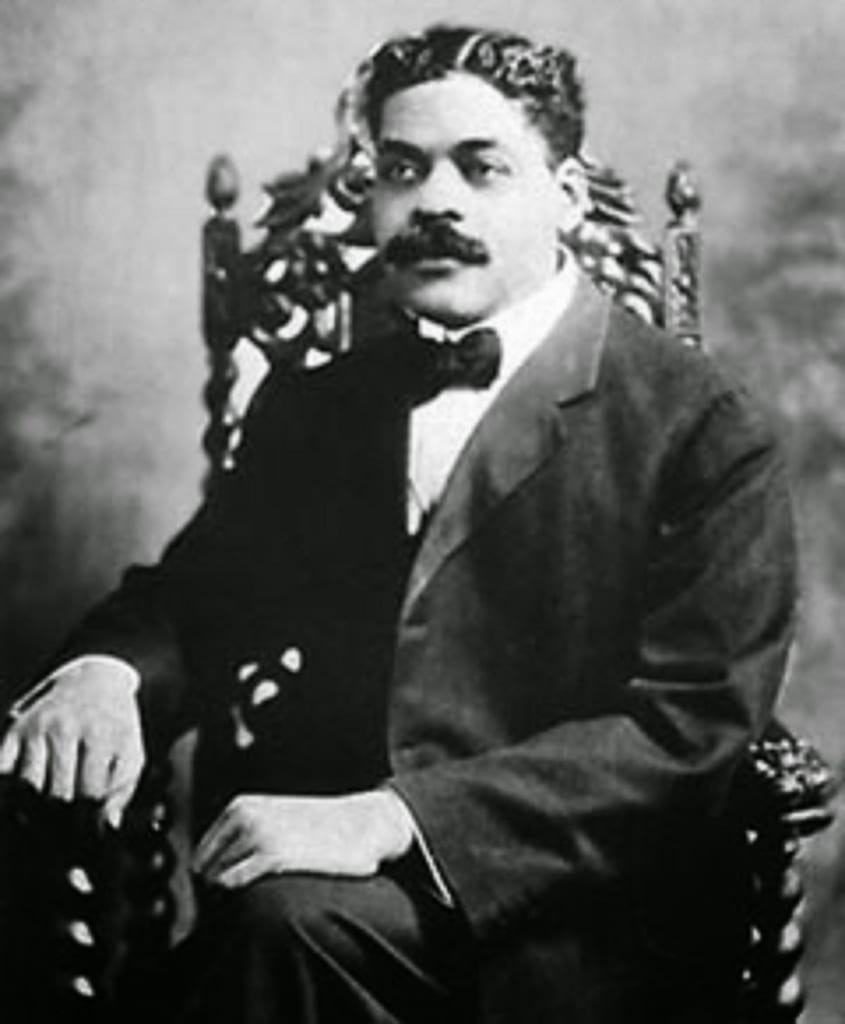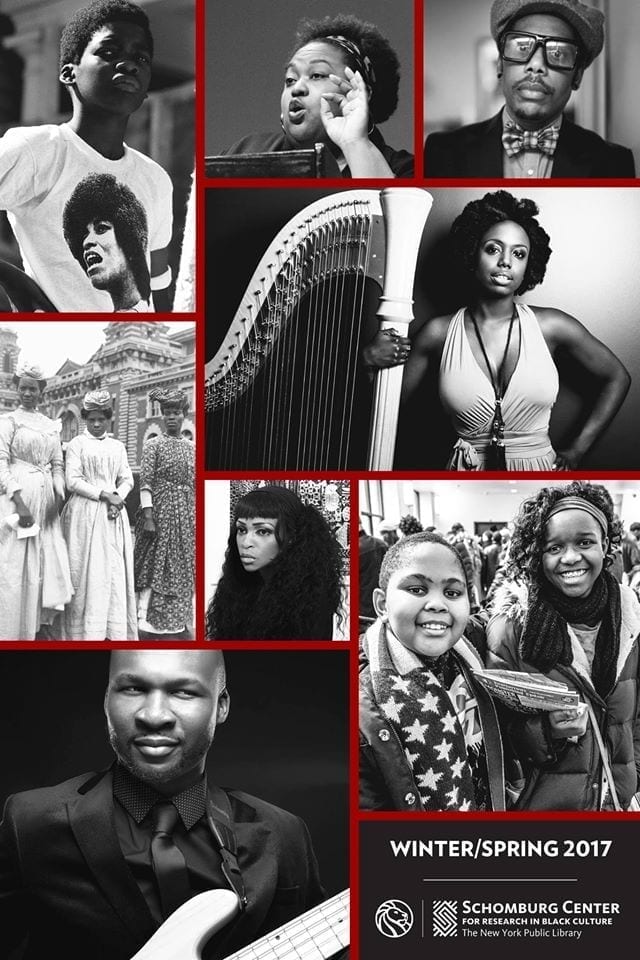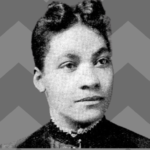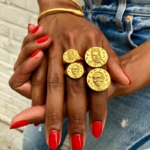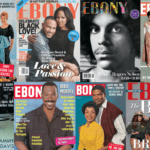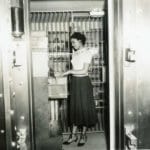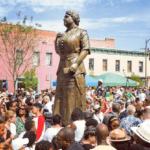Yes, there are still Black owned businesses in Harlem. Many amazing ones, just like those we’ve listed below. Check them out and support!
Black Owned Businesses in Harlem
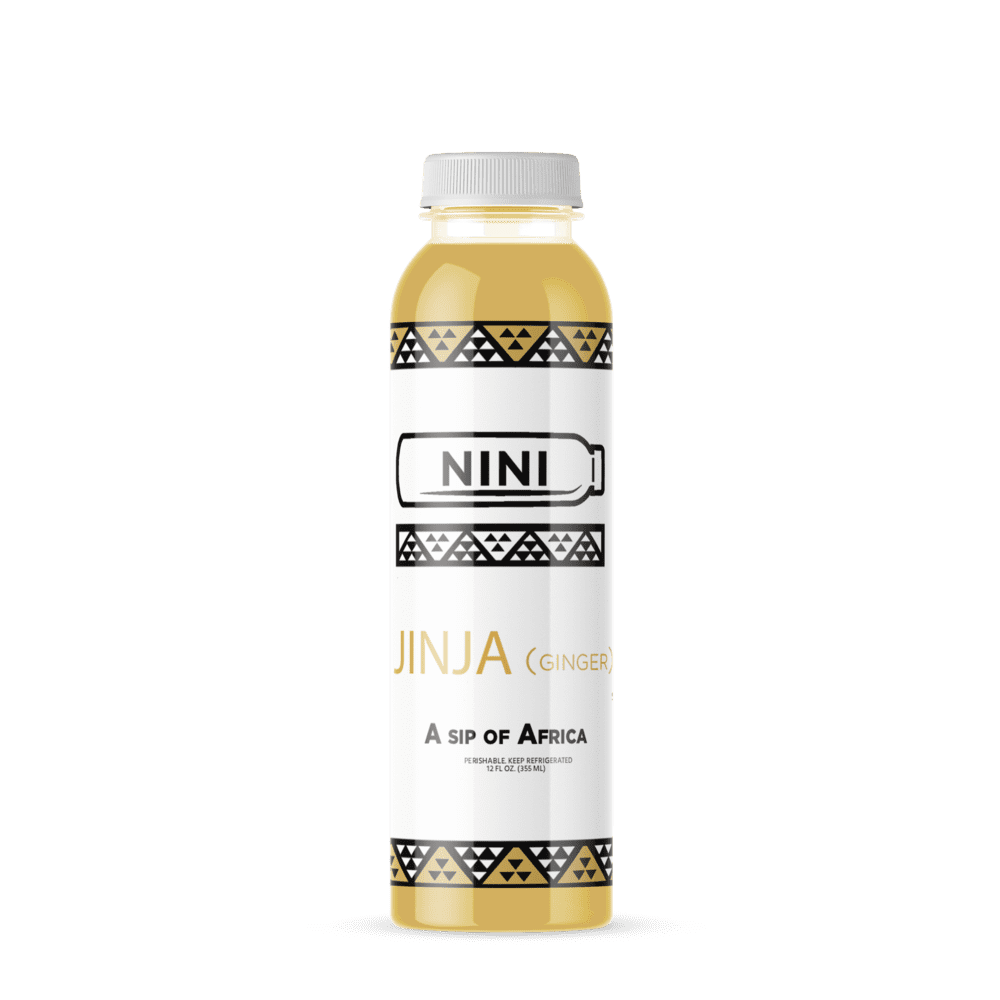
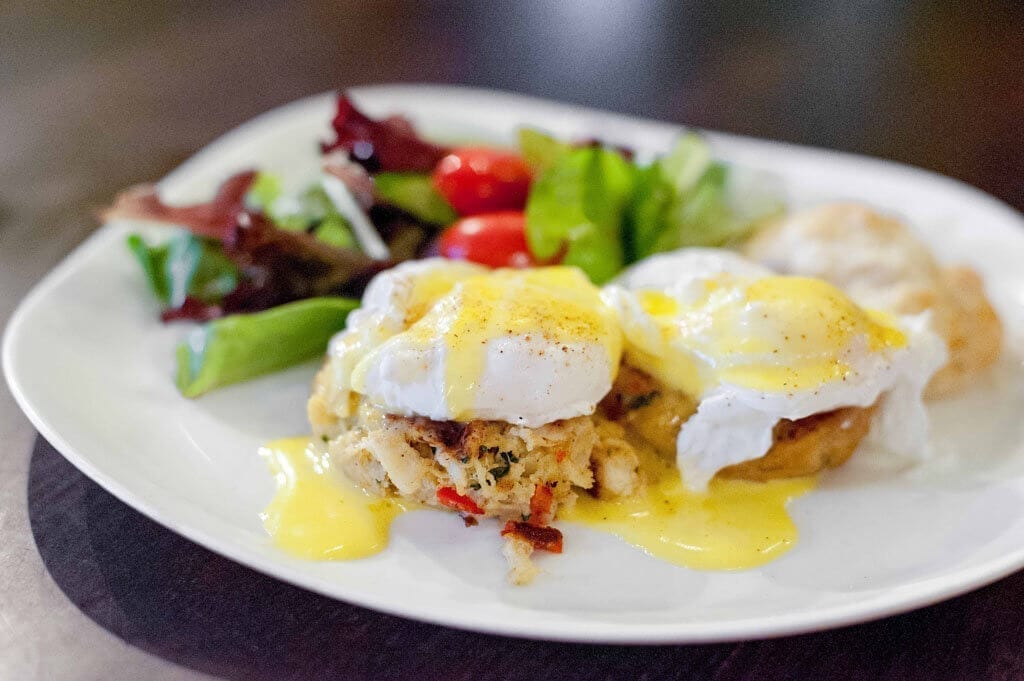
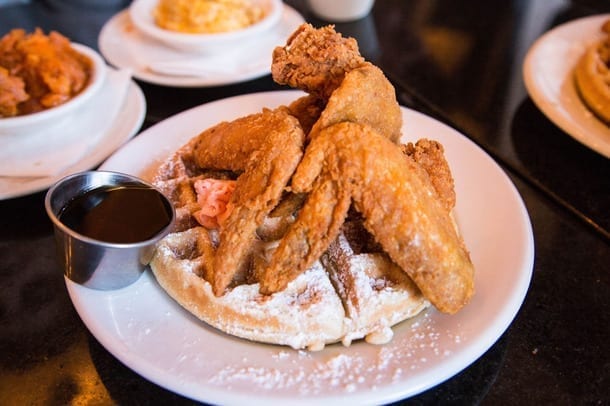
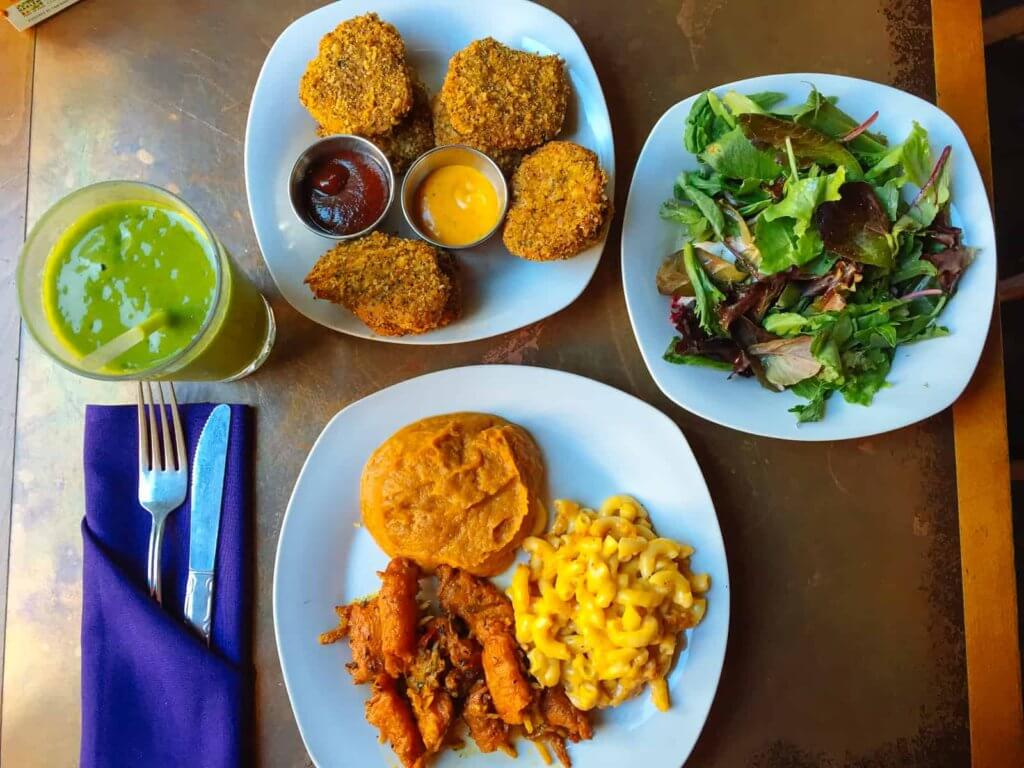
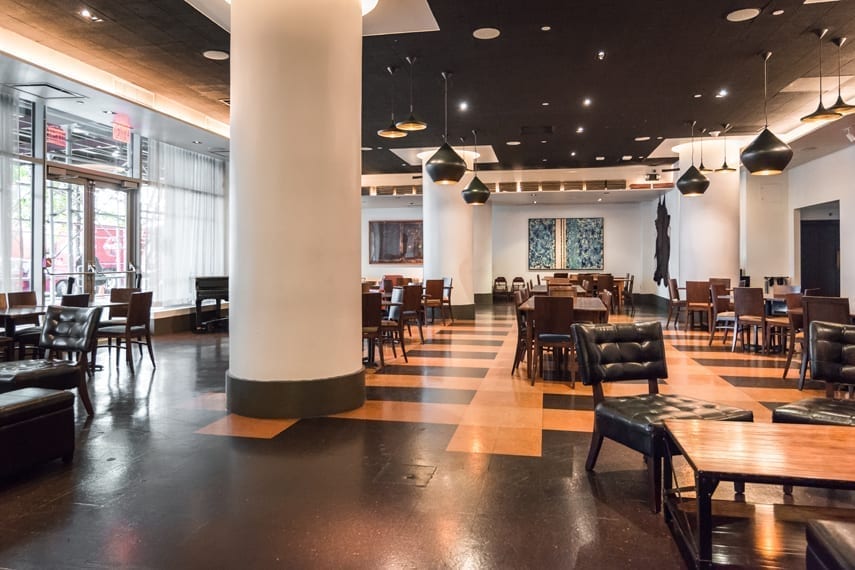
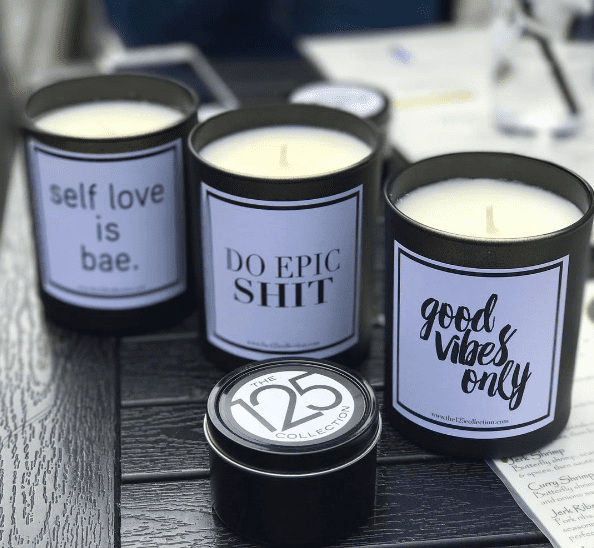
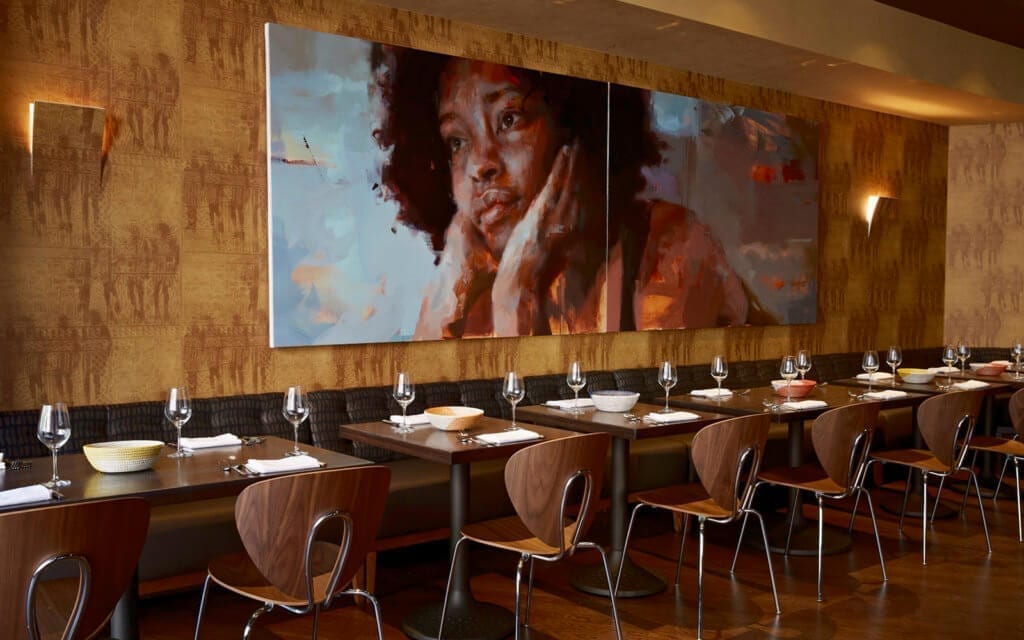
Home Sweet Harlem Southern plates plus breakfast & brunch served in a chill cafe with exposed-brick walls & live jazz.
Lenox Saphire offers Senegalese & American soul food, plus French pastries, served in a hip hangout with sidewalk seats.
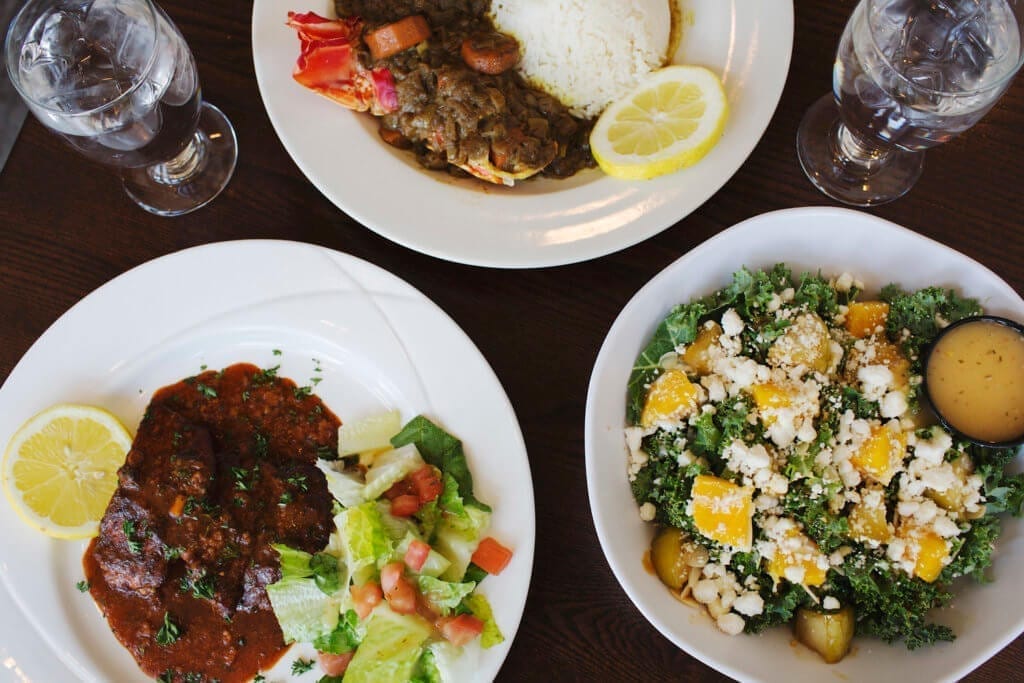
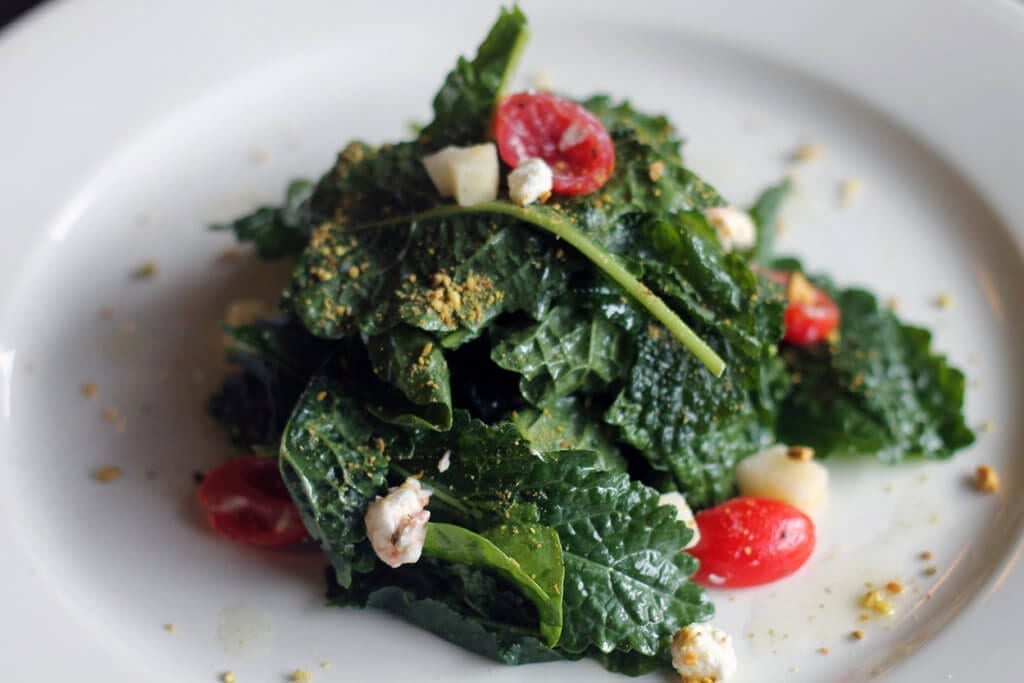
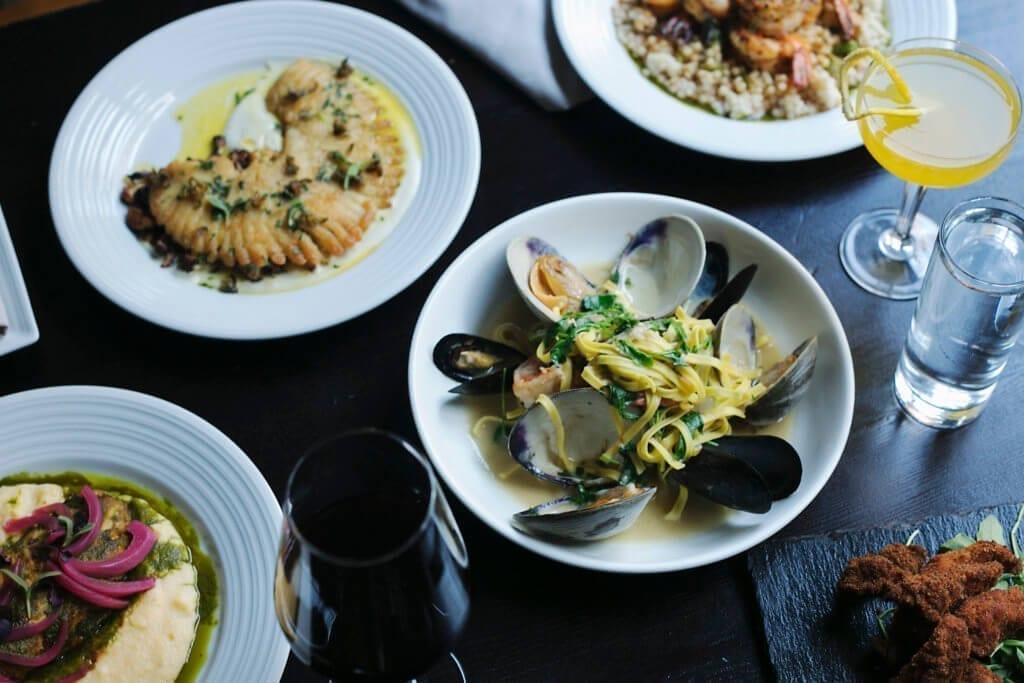
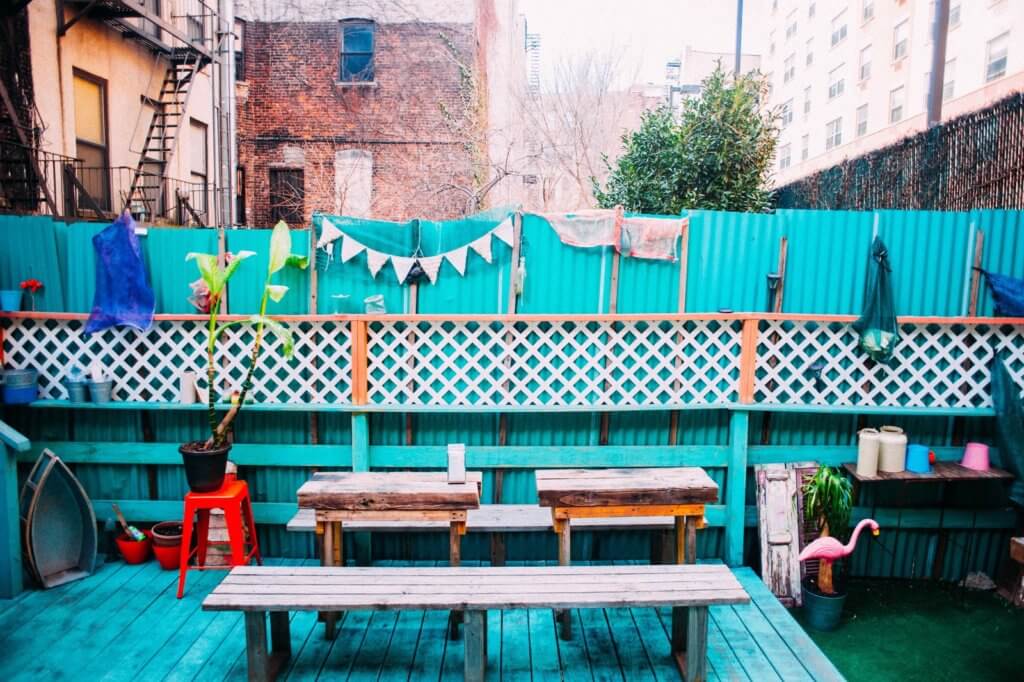
Flamekeepers Hat Club is an upscale store offering an array of sophisticated hats for men, in many styles.
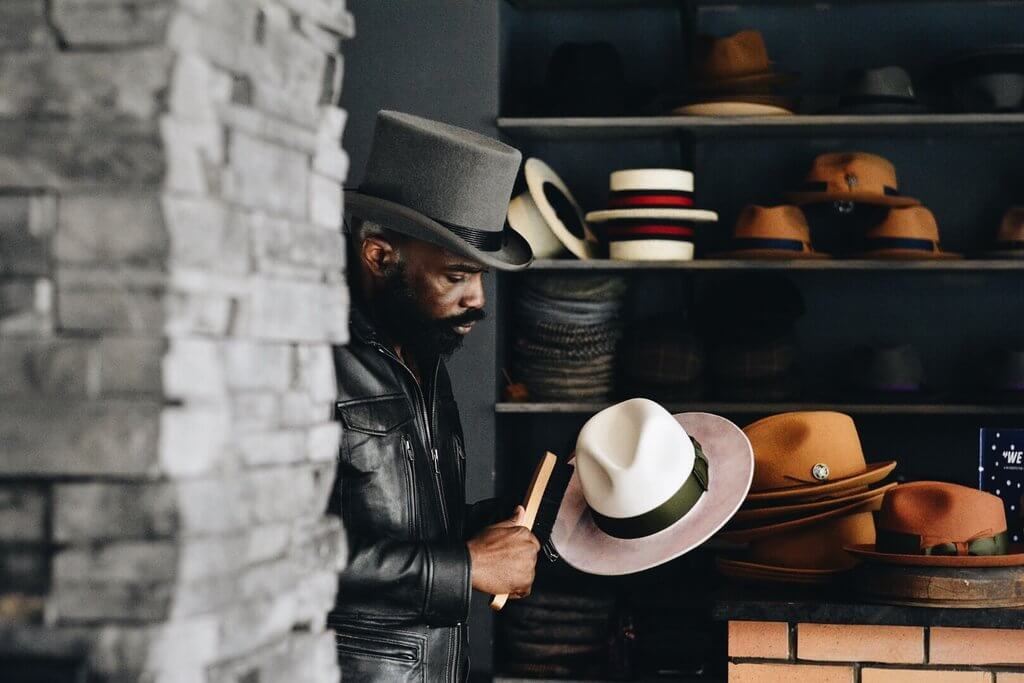
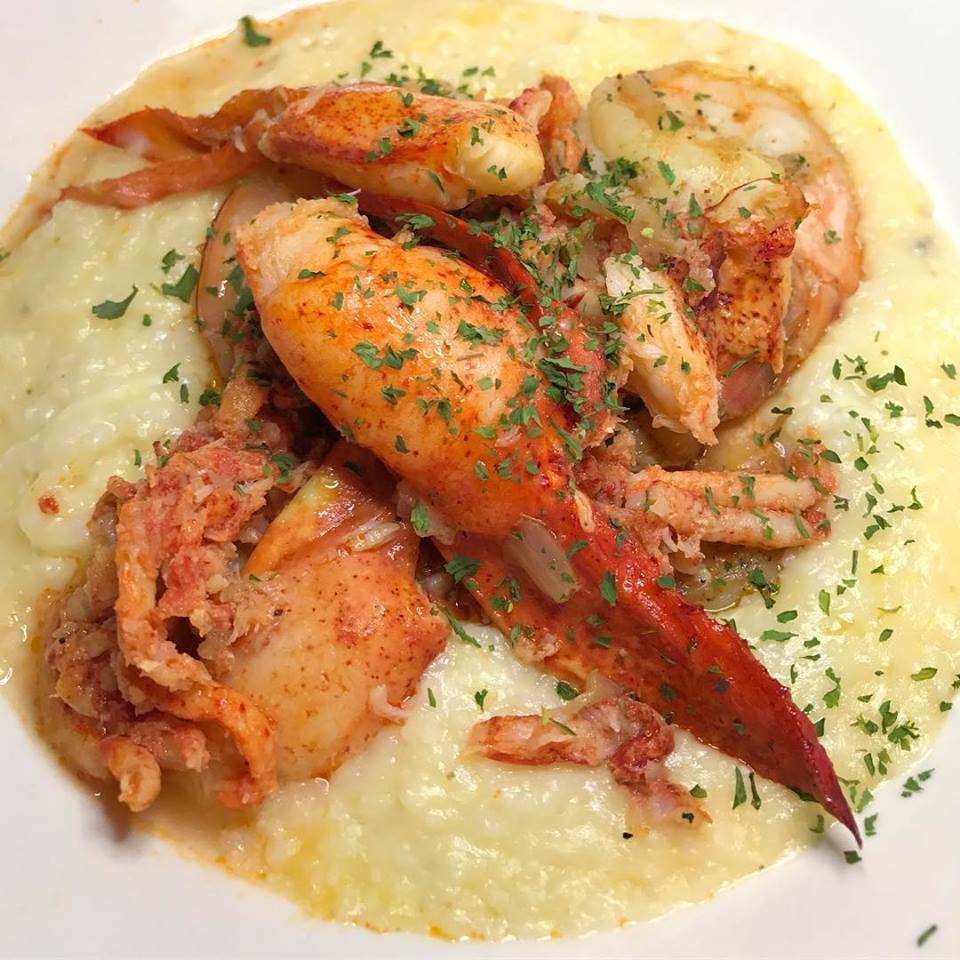
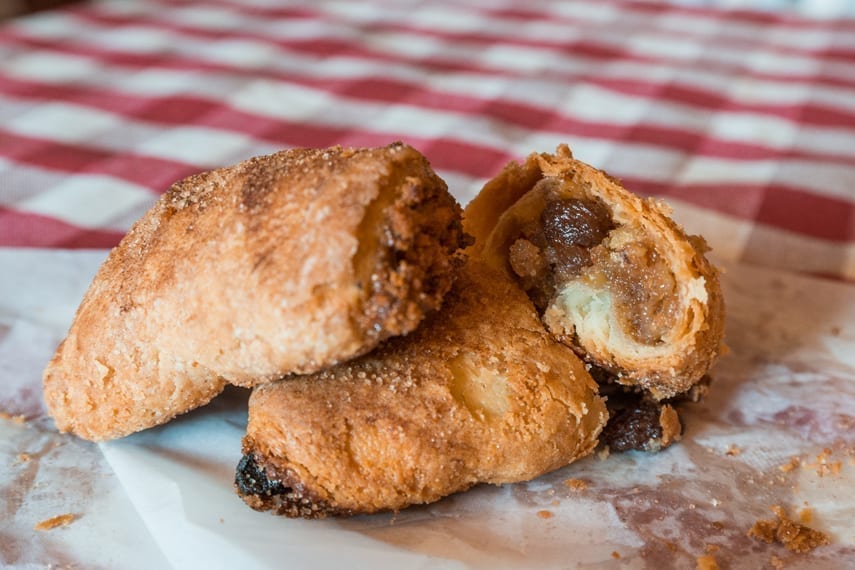
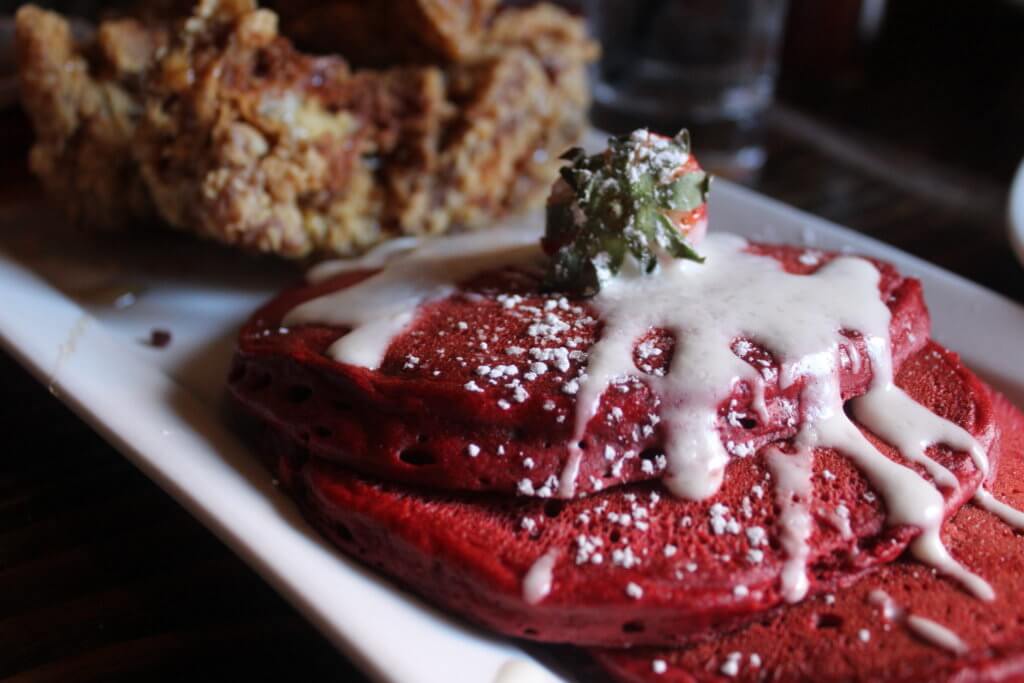
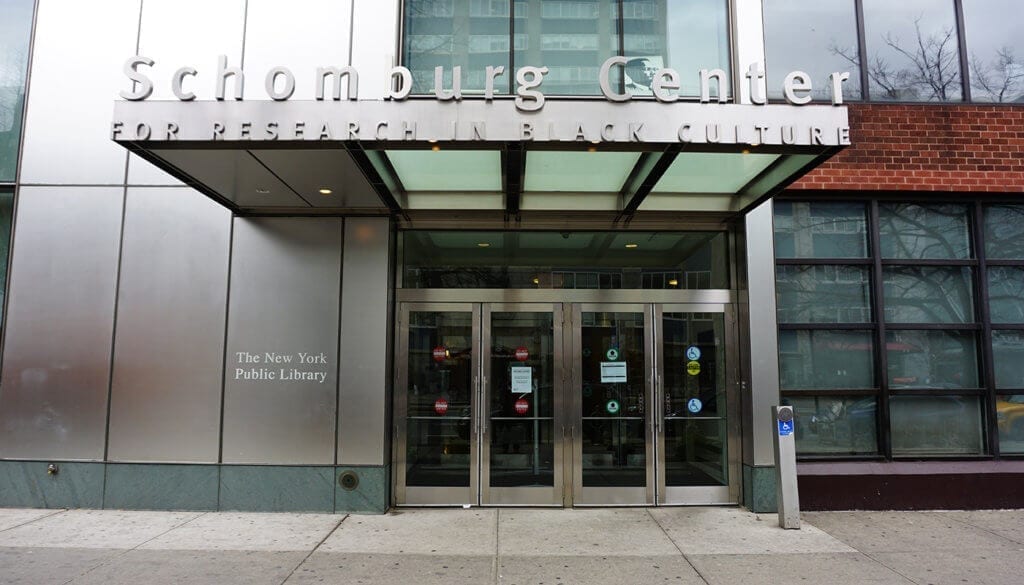
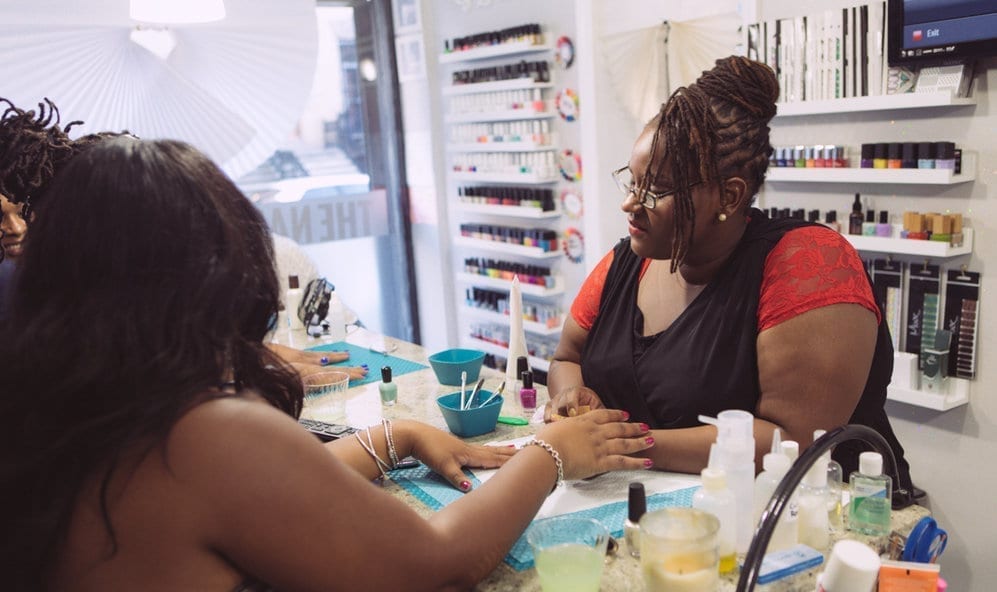
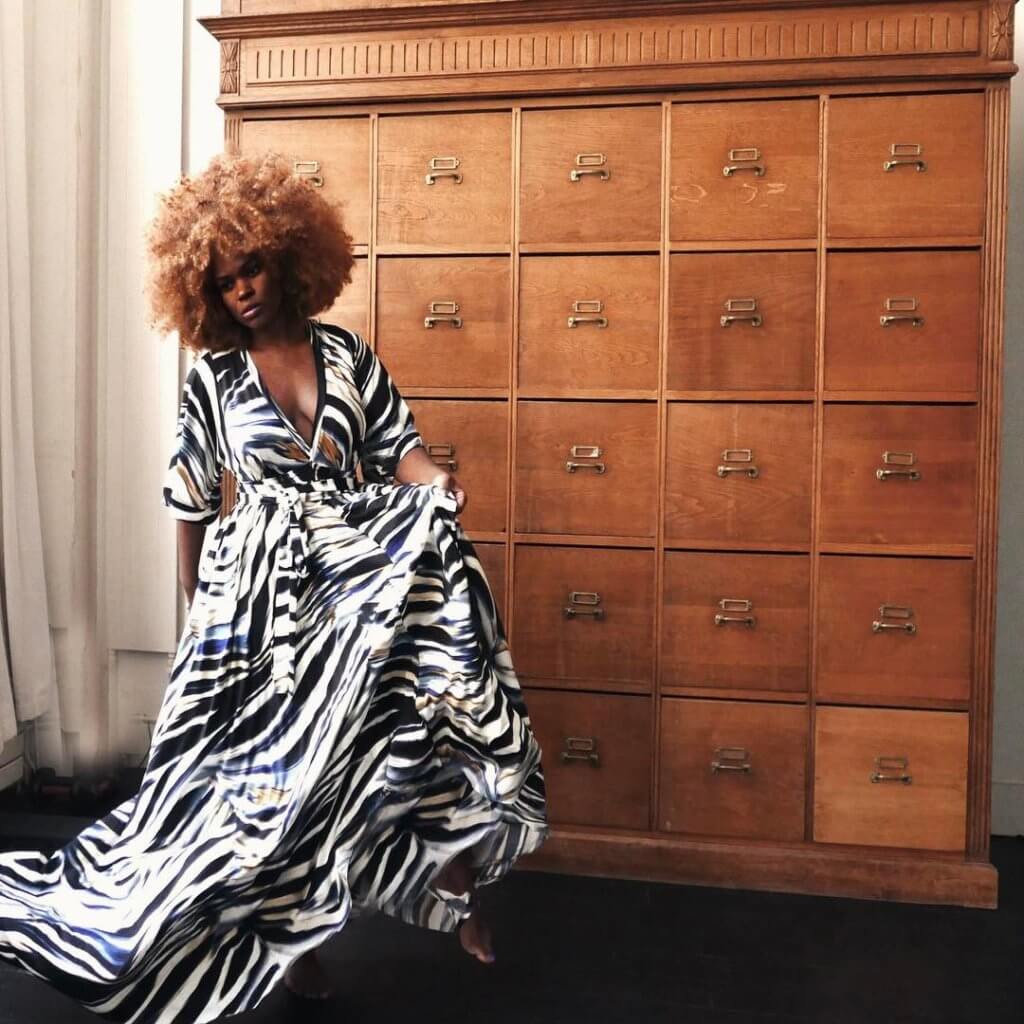
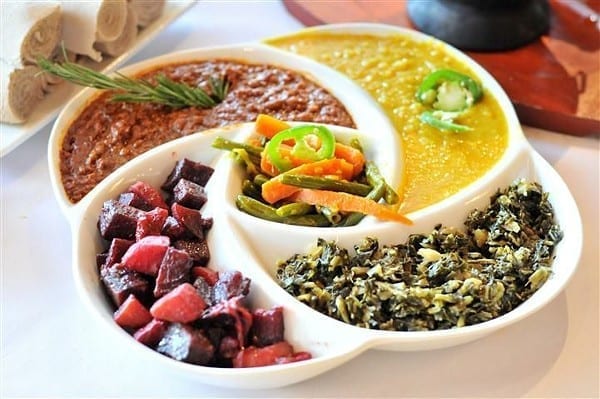
Sister’s Uptown
Cove Lounge is a Caribbean inspired restaurant and lounge serving specialty cocktails plus a menu of Southern comfort food.
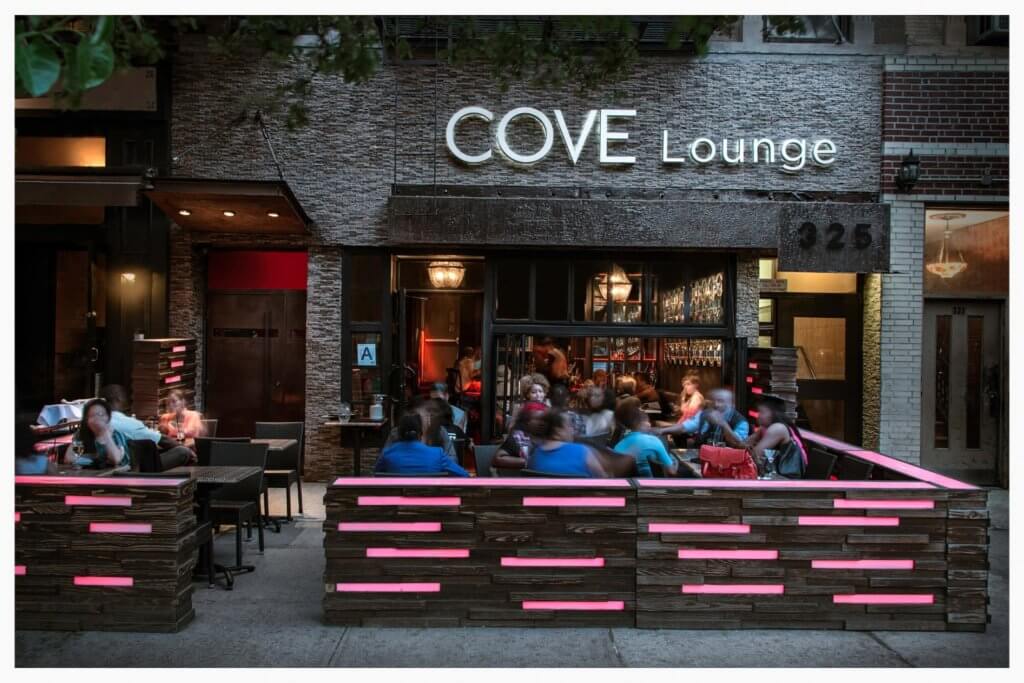
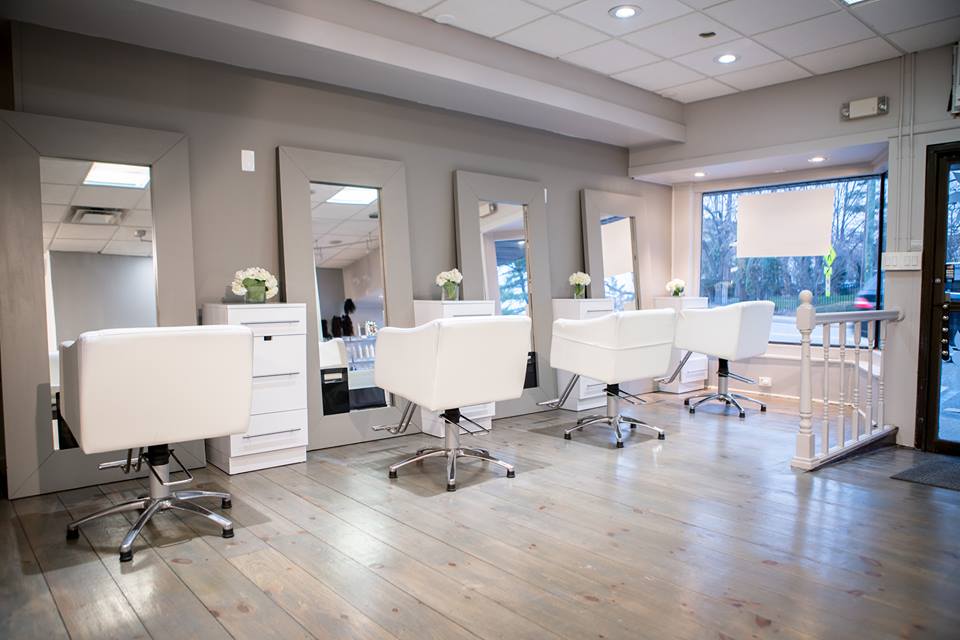
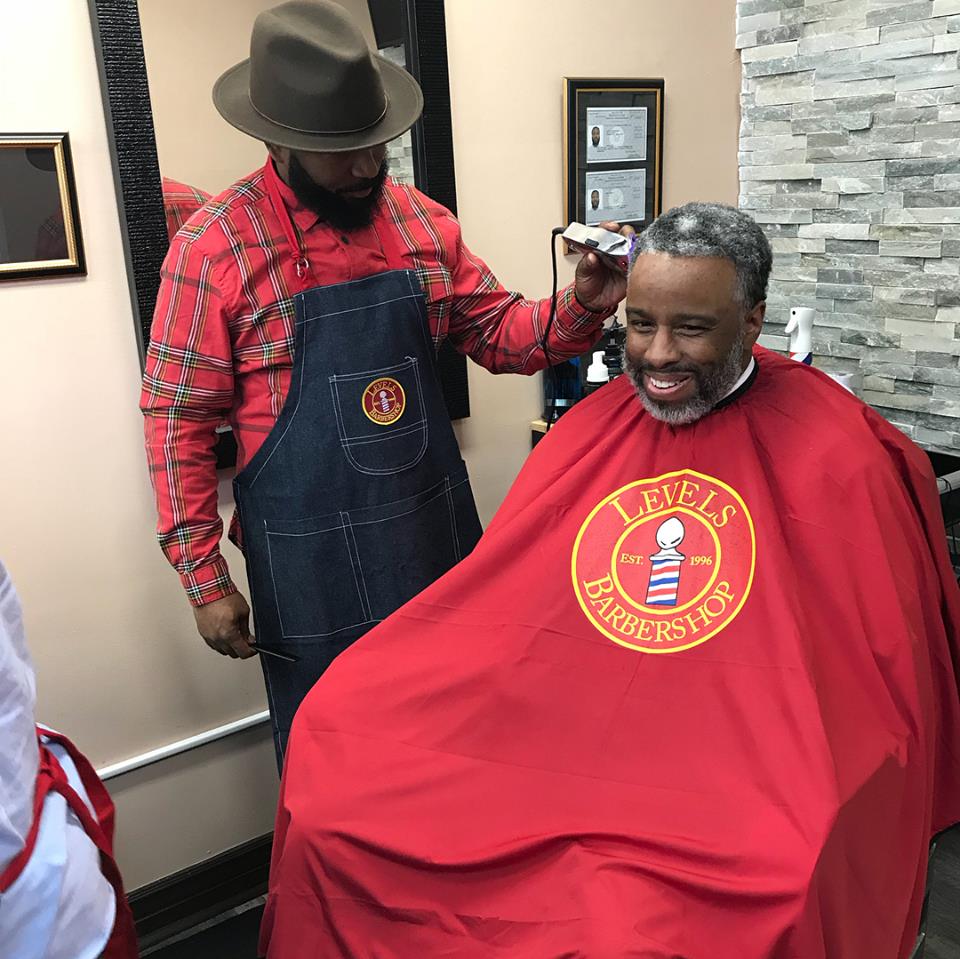
Grandma’s Place is Harlem’s premier toy and children’s book boutique that is a top-notch family experience with an upscale ambiance and down home appeal.
Cathedra is a boutique grooming salon that offers a new take on the old barbershop trend. Infusion of style, fashion, haircare and skincare.
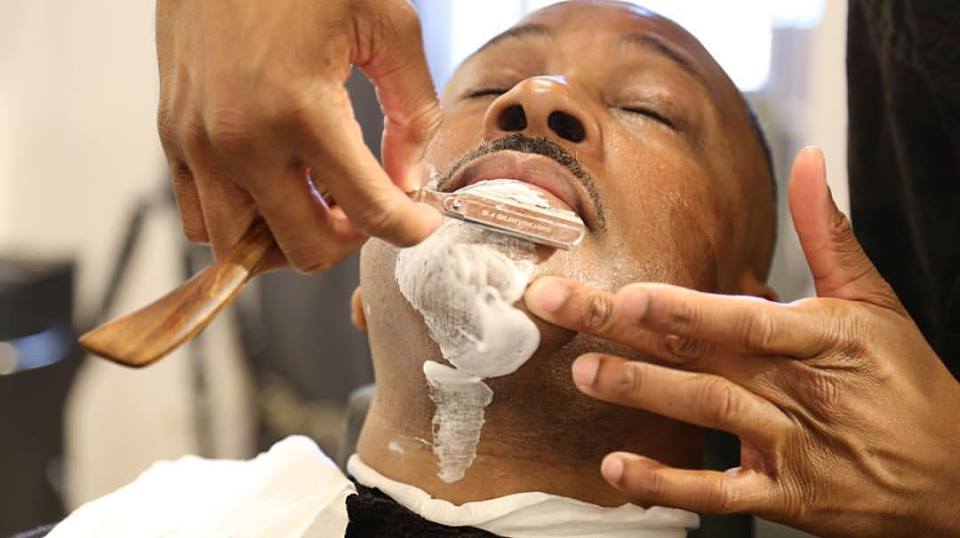
Elite Conceptions Hair Lounge is a full service boutique hair salon specializing in multicultural hair textures and styling.
Ponty Bistro is a chic neighborhood bistro for French-African cuisine in breezy, comfortable digs with African art.
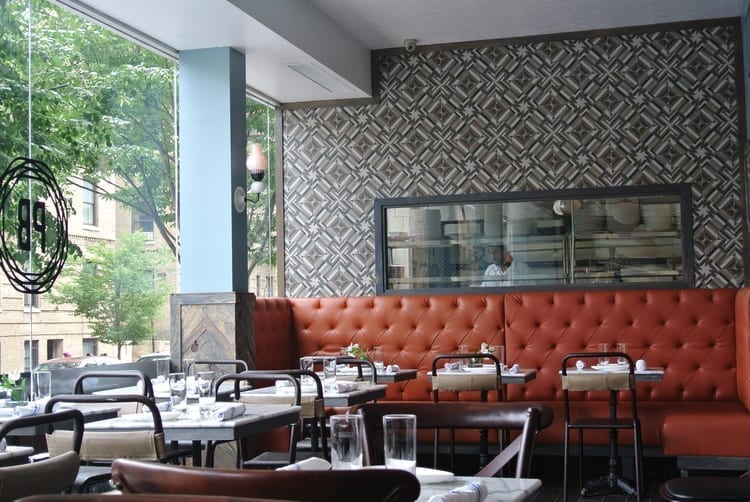
Shrine is an Arts & performance space hosting all-ages shows & serving drinks & bar bites.
Yatenga is a stylish, casual eatery featuring à la carte & fixed-price menus of traditional French bistro fare.
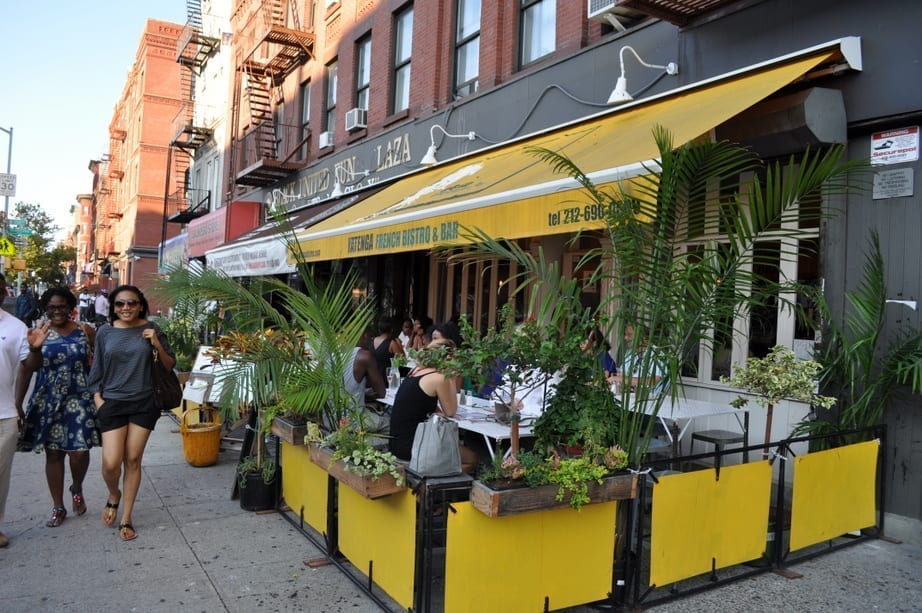
Red Rooster serves comfort food celebrating the roots of American cuisine and the diverse culinary traditions.
Calabash Imports is an African fashion, jewelry, home furnishings and gift store.
Hats by Bunn offers “classic originals for all seasons.”
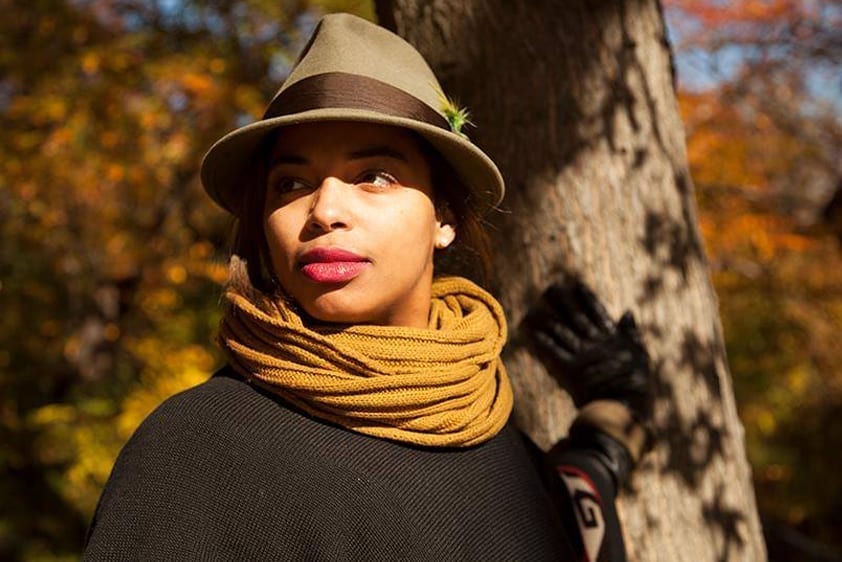
Egunsifoods is a food company focused on producing refrigerated African food derived from classic West African dishes.
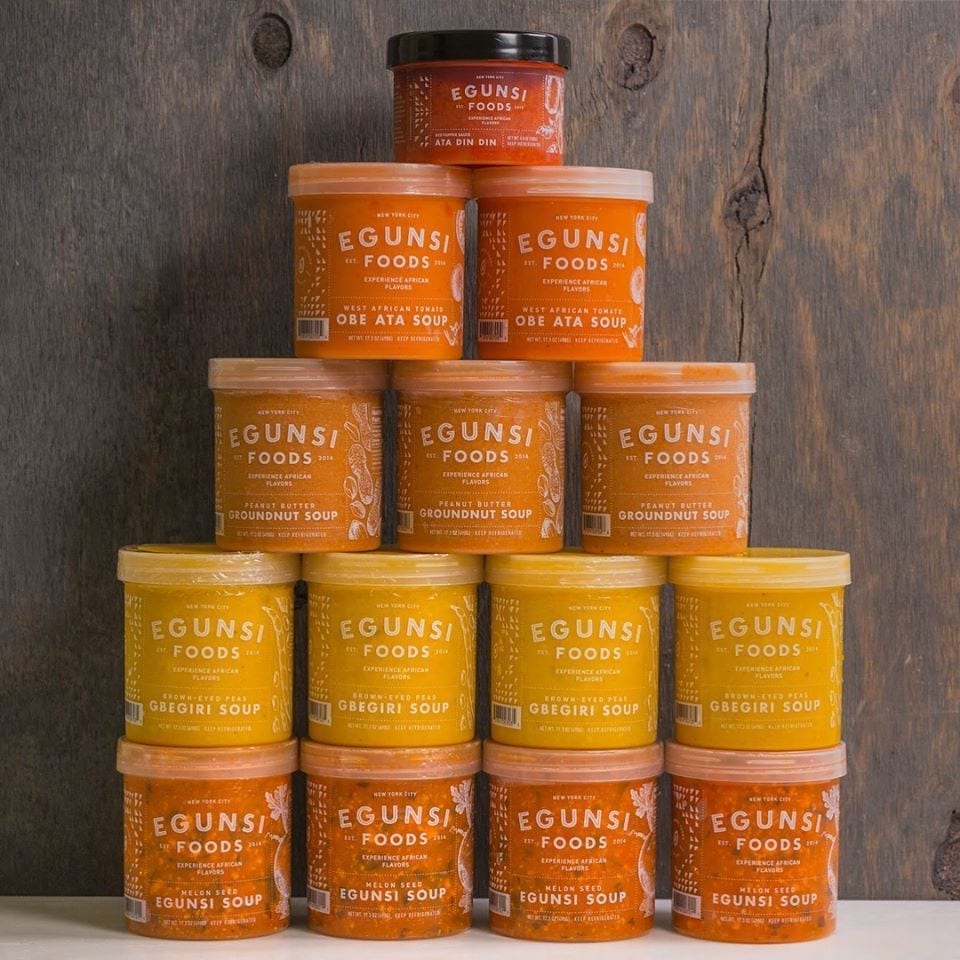
Hecho en Harlem Jewelry is rooted in the geometric form, boasting bold clean, sleek design while utilizing scale and texture to create exciting, bold, statement pieces.
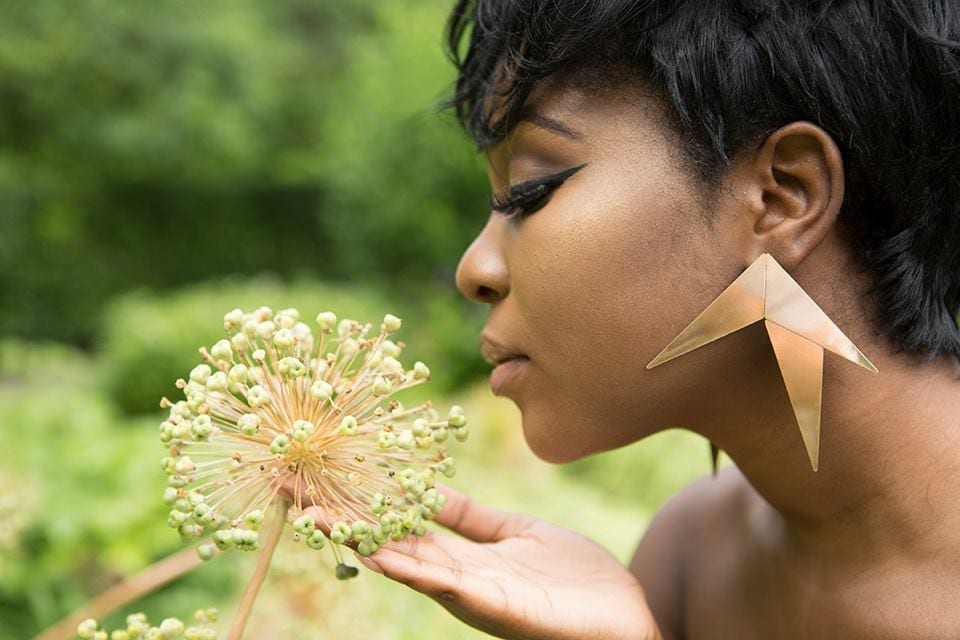
Tsion is a stylish cafe featuring contemporary Ethiopian cuisine in a warm space with patio seating.
Barbara’s Flowers is a florist shop providing custom arrangements, bouquets, gifts & delivery services.


